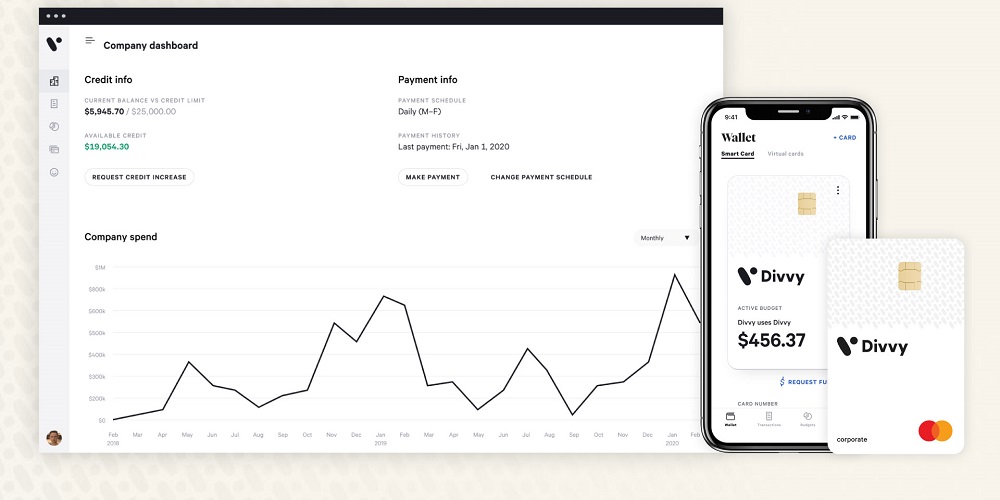
When it first started out, the prices of the homes it bought averaged around $140,000 to $150,000. “Even the most experienced players in the space, maybe have low single-digit buyback rates so it’s definitely quite a bit higher than what the rest of the industry is seeing,” Hefets told TechCrunch.

They also have the option to re-up their contract if needed, to take a bit longer to save up for a larger down payment.ĭivvy started buying homes in the first half of 2018 so far, the company is seeing nearly half of those renters buying back the homes. The renters can choose to cash out their equity or purchase the home before the three years are up, if they choose. Part of that money is a “market-rate” rent and about 25% goes toward building up their savings in the house so they can put a down payment (estimated at 10% value of the home) on to purchase from Divvy later. They move in at closing, and pay one monthly amount. Customers pick out a home and Divvy purchases it on their behalf with the renter contributing an initial 1-2% of the home value. Rather than buy homes and look for renters, the company does the opposite. “So while traditional financing dried up, we saw a really good tailwind for our business.”ĭivvy declined to disclose the valuation at which this round was raised but Hefets said it was “very highly oversubscribed.” Rent to ownĭivvy claims to be different from other real estate tech companies in that it aims to digitize “the archaic, data-heavy processes buyers encounter along the way.” It works with renters who want to become homeowners by buying the home they want and renting it back to them for three years “while the savings needed to own it themselves.” “Mortgages were harder to get yet we were seeing this mad rush of people who wanted to move out of multifamily and downtown areas,” Hefets recalls. It also worked with its existing customers by offering flexibility and rent relief in the way of waived late fees and flexible payment scheduling, for example. Ultimately, over the course of 2020, Divvy expanded operations from eight to 16 total markets and financed five times as many homes as it had in pre-pandemic times. So while lenders were busier than ever, much of that volume was driven by people who already owned homes refinancing with the lower rates.ĭivvy Homes CEO and co-founder Adena Hefets. Instead of making it easier to buy a home, many banks actually tightened underwriting requirements for approvals, said Divvy CEO Hefets. Mortgage rates dropped to historic lows in 2020, driven by the COVID-19 pandemic. In fact, Divvy - which was co-founded by Adena Hefets, Nick Clark and Alex Klarfeld - was incubated in Levchin’s startup studio HVF.
#Divvy acquisition series#
The startup last raised $43 million in Series B funding from the likes of Affirm CEO Max Levchin and homebuilder Lennar (via its venture arm), among others. The latest financing brings Divvy’s total debt and equity raised since its 2017 inception to over $500 million, with about one-third of that raised in equity and two-thirds in debt. Tiger Global Management led the round, which also saw participation from a slew of other investors, including GGV Capital, Moore Specialty Credit, JAWS Ventures and existing backers such as a16z. Despite all the headaches that come with it, homeownership is still the American dream for many.ĭivvy Homes - a startup that is out to help more people realize that dream by buying a house and renting it back to them while they build equity - has just closed on $110 million in Series C funding.


 0 kommentar(er)
0 kommentar(er)
